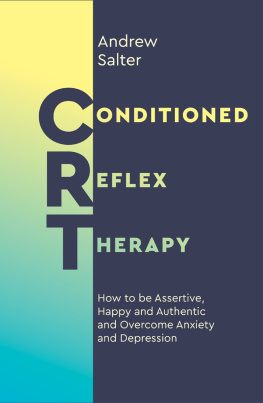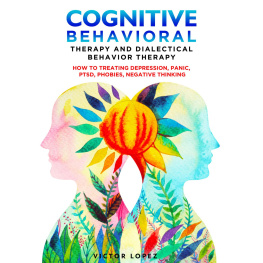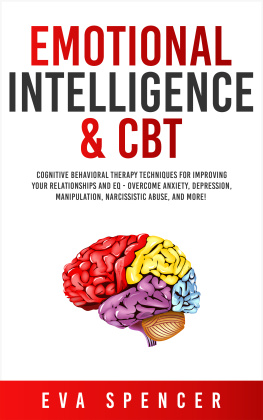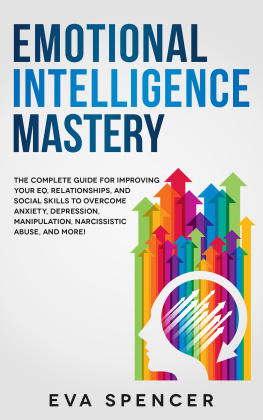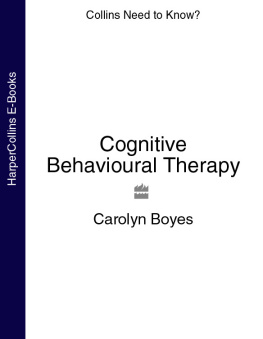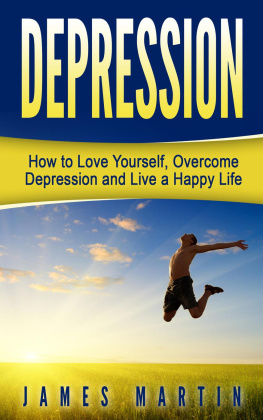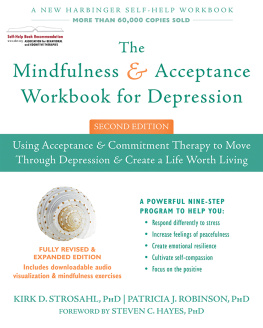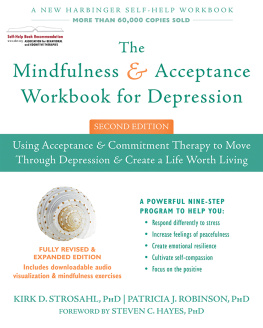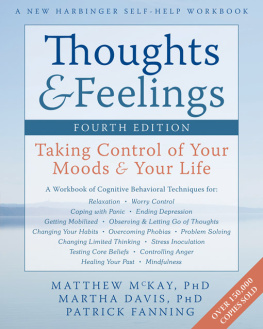
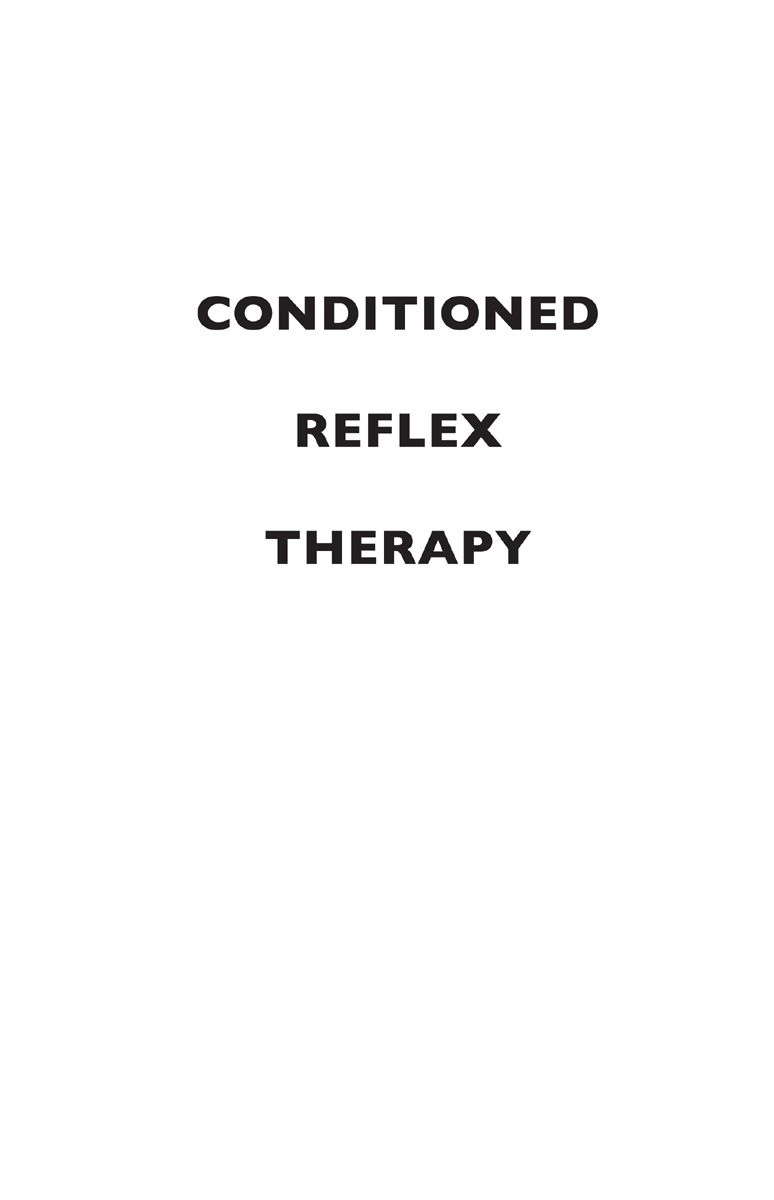

This edition first published in the UK and USA in 2019 by
Watkins, an imprint of Watkins Media Limited
Unit 11, Shepperton House
89-93 Shepperton Road
London
N1 3DF
Design and typography copyright Watkins Media Limited 2019
Copyright Rhoda K.Salter, 2002; Robert G. Salter and William J. Salter, 2019
Andrew Salter has asserted his right under the Copyright, Designs and Patents Act 1988 to be identified as the author of this work.
All rights reserved.
No part of this book may be reproduced or utilized in any form or by any means, electronic or mechanical except for fair use, including brief quotations, articles and reviews without prior permission in writing from the Publishers.
1 3 5 7 9 10 8 6 4 2
Typeset by Lapiz
Printed and bound in the United Kingdom
A CIP record for this book is available from the British Library
ISBN: 978-1-786782-90-8
www.watkinspublishing.com
PRAISE FOR ANDREW SALTERS WORK:
I have read [Salters work] with admiration and approval. (1943)
H.G. Wells
Most interesting and fundamentally sound. (1943)
Aldous Huxley
a founder of behavior therapy [Salter] helped develop the theoretical underpinnings and clinical applications of behavior therapy decades before the field became popular. (1996)
New York Times
A pioneering behavior therapist. (2002)
Albert Ellis, PhD; President, Albert Ellis Institute; Developer of Rational Emotive Behavior Therapy
PRAISE FOR CONDITIONED REFLEX THERAPY :
In the field of psychology, this work may well become a landmark of the order of Darwins Origin of Species. (1949)
Paul de Kruif, PhD; Leading medical writer from the 1930s through the 1950s, author of Microbe Hunters and many other books.
Andrew Salter blazed a trail into new territory, paving the way for what has become known as cognitive behavior therapy. (2002)
Arnold Lazerus, PhD, ABPP; Distinguished Professor of Psychology (Emeritus), Rutgers University; Past-President, Association for the Advancement of Behavior Therapy
CRT remains decades ahead of the field. A half a century later, it is still an extraordinarily effective classic. The vision of Andrew Salter lives on. (2002)
Pat de Leon, PhD; Former President, American Psychological Association; former Chief of Staff, Senator Daniel Inouye
In lively, literate, and sometimes puckishly provocative prose, Salter courageously and successfully challenged the establishment and articulated a vision and a set of techniques that have become so widely accepted and applied that he is often not formally cited. Salter used learning principles as a guide to devising new therapeutic methods. [T]he techniques Salter derived from the theory were effective for a wide variety of disorders. Like other trail-blazing and creative thinkers, Salters ongoing influence extends beyond behavior therapy and psychology generally. (2002)
Gerald Davison, PhD; Professor and Chair, Department of Psychology, University of Southern California; Past-President, Association for the Advancement of Behavior Therapy
The book is remarkably engaging, clinically astute, and of great practical value; it anticipated much of contemporary behavior therapy. Salters leap from learning theory and research to treatments for clinical practice was groundbreaking. He focused primarily on action in everyday life and expression of how one feels to achieve therapeutic change. Concretely, this meant encouraging expression of emotions and positive actions. Clients were instructed on how to perform in everyday life situations and were given extra-therapeutic tasks (i.e., homework assignments. ) (2018)
Alan Kazdin, PhD, ABPP; Sterling Professor of Psychology & Professor of Child Psychiatry (Emeritus), Yale University; former President, American Psychological Association; Past-President, Association for the Advancement of Behavior Therapy
It is a pleasure to see the new release of Andrew Salters Conditioned Reflex Therapy. Although initially published in 1949, the book has been largely unavailable for more than a decade, when the publishers archives were destroyed by Hurricane Katrina. Salters conviction that psychotherapy can be quite rapid and extremely efficacious helped forge an important new path in psychological healing, and the procedures he delineates in the book can now continue to help people for many years to come . (2018)
Francine Shapiro, PhD; Senior Research Fellow (Emeritus), Mental Research Institute; Originator of Eye Movement Desensitization and Reprocessing (EMDR) Therapy
What jumps out at you from Conditioned Reflex Therapy is its energy and boldness. This is not a book full of weasel words and conditional sentences. This is a statement book direct, wise without being complex, and ready to take on the world. No wonder it lit the match that became behavior therapy. Although based on Pavlovian principles it is oddly contemporary, including precursors of interoceptive exposure; abandoning useless control agendas; encouraging more direct emotional expression and many other such topics. Salters genius is his intuitive grasp of what moves human beings and his willingness to charge straight in that direction. I think this book is of more than historical interest I suggest it especially for beginning behavioral and cognitive therapists. If they absorb the spirit of it, they will be emboldened to be more fully themselves in therapy, and that can only be for the good. (2019)
Steven C. Hayes, PhD; Foundation Professor of Psychology, University of Nevada, Reno; Developer of Acceptance and Commitment Therapy and Relational Frame Theory
Much of the science and wisdom on which modern day, powerful, evidence-based psychotherapeutic interventions are based comes from this book. With its fascinating case studies described in lucid and vigorous prose, and edited lightly for relevance in todays world, this timeless classic should be read by every therapist and most of their patients. (2019)
David H. Barlow Ph.D, ABPP; Professor of Psychology and Psychiatry Emeritus; Founder, Center for Anxiety and Related Disorders at Boston University; Past-President, AABT
CONTENTS
WHY AND HOW TO READ CRT
Mark R. Davis
Director and Principal,
UK College of Hypnosis and Hypnotherapy
I discovered Andrew Salters Conditioned Reflex Therapy (CRT) in 2007 during a course at the UK College of Hypnosis and Hypnotherapy www.ukhypnosis.com. I am now its Director and have successfully used the ideas and techniques CRT contains with well over a thousand therapy clients and taught them to hundreds of hypnotherapy students on our courses, both in the UK and in China, where, remarkably, they are considered a return to Lao Tsus naturalism and emphasis on being at one with oneself and nature.
Im in excellent company in the belief that CRT is invaluable to therapists. In blurbs for this edition, two of the most important contemporary psychologists developing therapeutic techniques and training therapists agree: This timeless classic should be read by every therapist and most of their patients" (David H. Barlow). "I suggest it especially for beginning behavioral and cognitive therapists. If they absorb the spirit of it, they will be emboldened to be more fully themselves in therapy, and that can only be for the good" (Steven C. Hayes).
Next page
